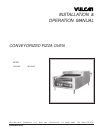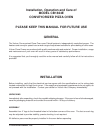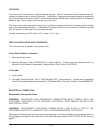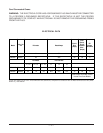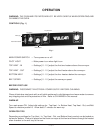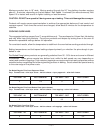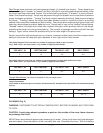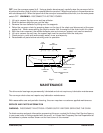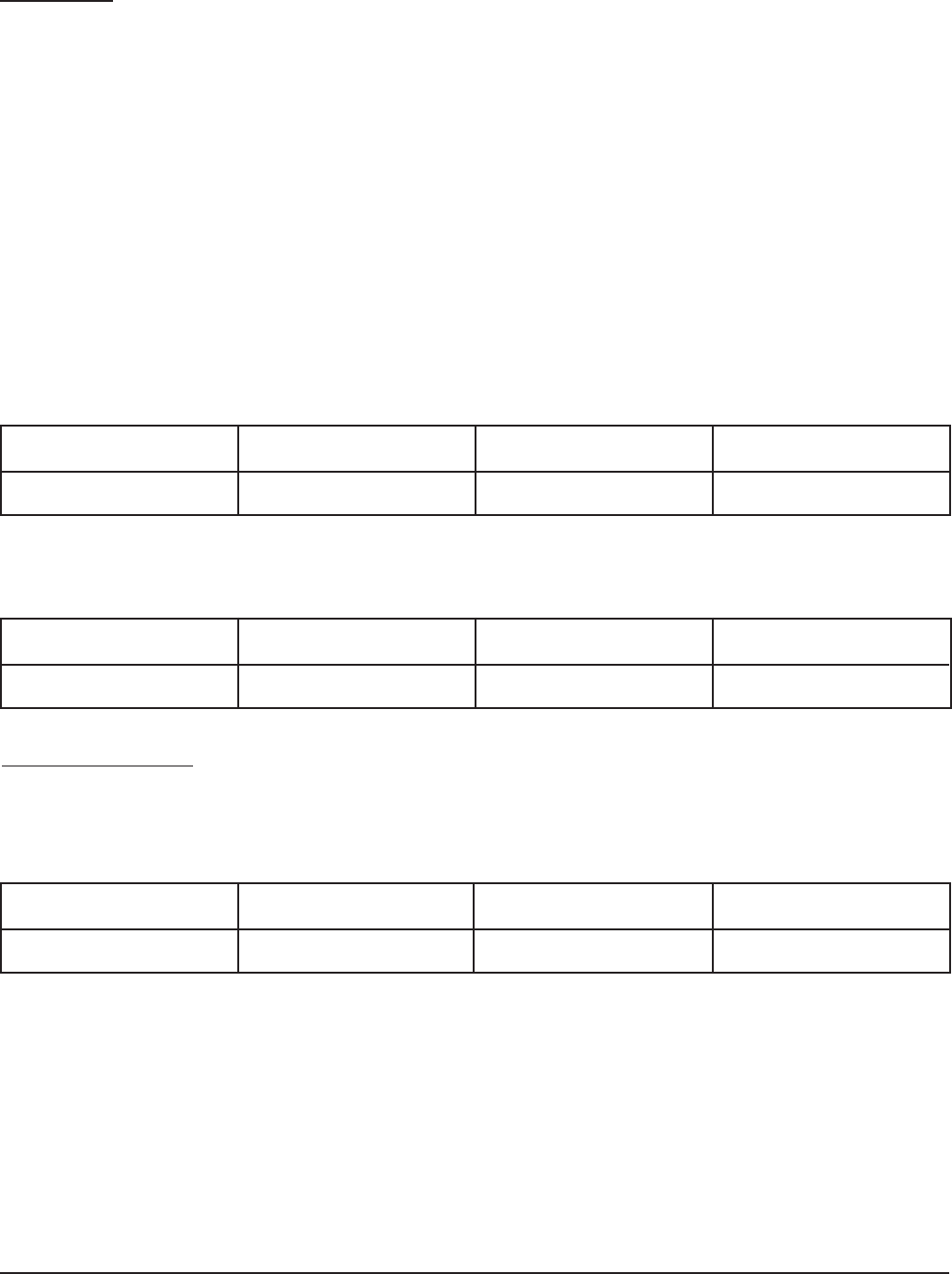
— 7 —
Raw Dough pizza products use fresh-prepared dough (or thawed from frozen). These doughs are
either run through a "sheeter" or "tossed" and then "proofed" in a proofing cabinet before baking. After
the dough has been mixed and "scaled" into uniform balls (portioned), a "sheeter" is used to stretch,
flatten, and shape the dough. Dough may be passed through the sheeter one or more times to achieve
proper thickness and shape. "Tossing" the dough means manually stretching, flattening and shaping
the dough. "Proofing" means the dough has been allowed to rise for a period of time in a proofing
cabinet under controlled temperature and humidity. Raw dough pizza requires high bottom heat and
lower top heat settings to properly bake the crust. Dough may or may not be "docked" before baking.
"Docked" means the dough was rolled with a spiked rolling pin which punches holes in the dough,
preventing the dough from rising during baking. The number of toppings has little to do with the heat
settings. Again, sauce should be spread evenly to the outer edge of the pizza crust.
Results are similar with seasoned pans or screens; however, bottom heat should be reduced when
baking in aluminum foil deep-dish pans because of their high level of heat transfer.
Raw Dough Regular/Thin Crust with any number of toppings, baked on pan or screen.
Prep: Raw Crust + thin layer sauce + any number of toppings and cheese.
TOP HEAT - IN BOTTOM HEAT TOP HEAT - OUT BELT SPEED
4 10 4.5 4.5
Raw Dough Regular Crust with any number of toppings baked in a deep-dish aluminum foil pan.
Prep: Raw Crust + thin layer sauce + any number of toppings and cheese.
TOP HEAT - IN BOTTOM HEAT TOP HEAT - OUT BELT SPEED
4 8 4.5 4.5
Hoagie Sandwiches can also be heated in the conveyor oven.
Hoagie Sandwiches.
Prep: Butter or dress the top bun and cover with aluminum foil. Assemble the bottom half of the sandwich and heat
face up.
TOP HEAT - IN BOTTOM HEAT TOP HEAT - OUT BELT SPEED
4 10 4.5 4.5 - 5
CLEANING (Fig. 2)
WARNING: DISCONNECT ELECTRICAL POWER SUPPLY BEFORE CLEANING. WAIT FOR OVEN
TO COOL.
CAUTION: Avoid using abrasive powders or pads on the outside of the oven; these cleaners
may damage the finish.
NEVER clean any electrical appliance by immersing it in water. Using a soft clean cloth and detergent
and warm water, clean the exterior of the oven daily after use. Reconnect the oven. With the heaters



